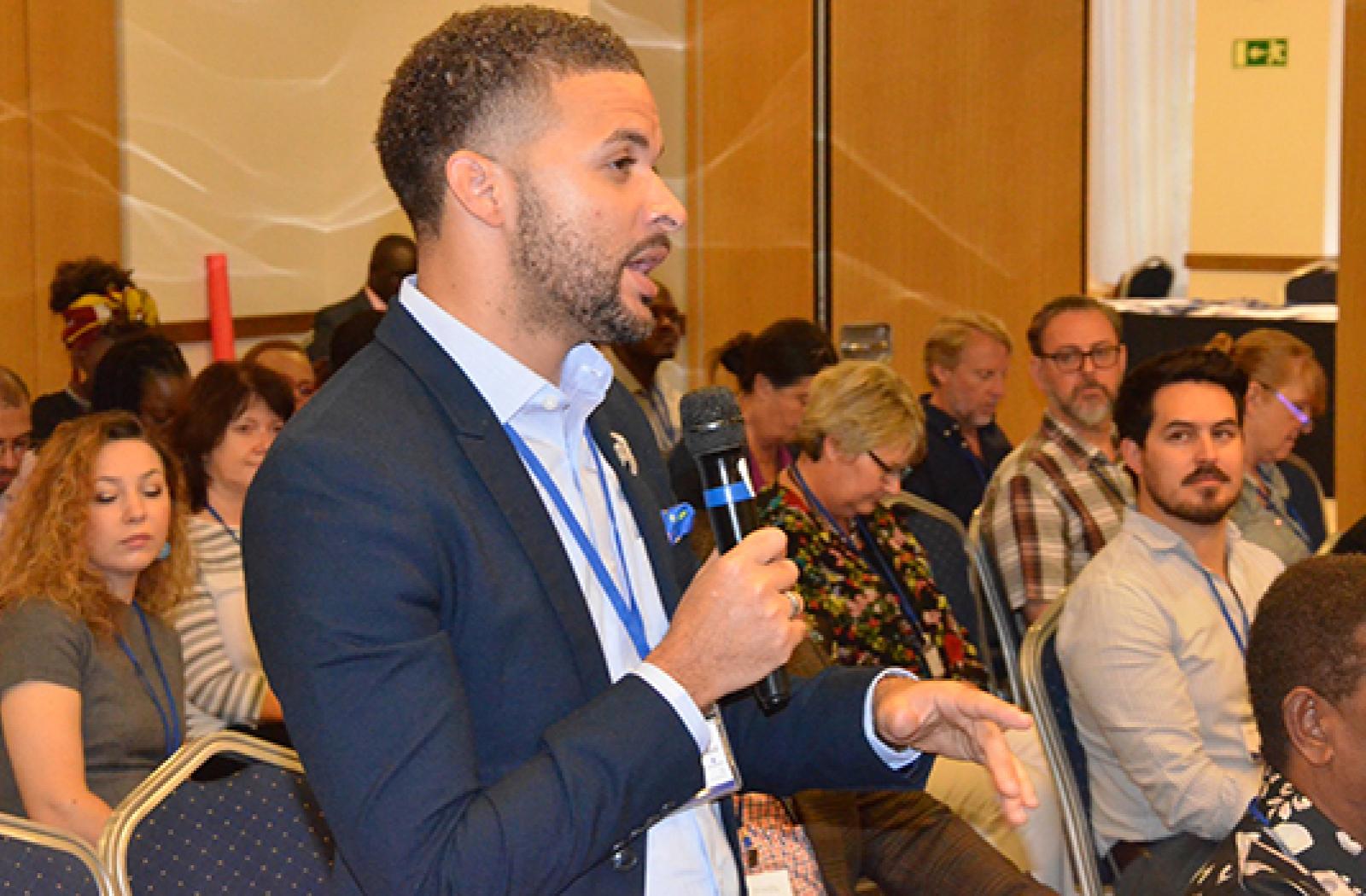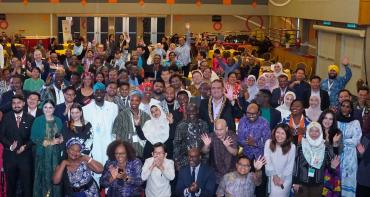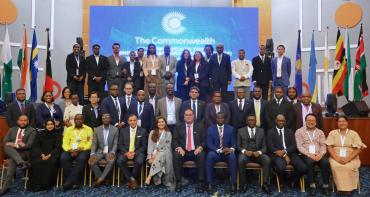Senior officials, academics and youth workers at the third Commonwealth Conference on Youth Work have committed to a “renewed spirit” in their efforts to obtain professional recognition and status for youth workers.

Senior officials, academics and youth workers at the third Commonwealth Conference on Youth Work have committed to a “renewed spirit” in their efforts to obtain professional recognition and status for youth workers.
They would like youth workers to play a wider role in addressing the complex challenges facing young people.
More than 100 delegates from 27 Commonwealth and European countries attended the three-day event, hosted in Malta by Aġenzija Żgħażagħ in partnership with the Commonwealth. Participants called for greater recognition of the contribution of youth workers in meeting the needs and aspirations of young people.
In his opening remarks, Malta’s Head of Secretariat for Youth, Sport and Voluntary Organisations, Ryan Borg, welcomed the initiative, adding that youth services will be further developed and expanded in future.
“Over the coming days, our discussions will help us to answer how we can reconcile the voluntary, empowering and non-formal learning aspects of youth work with professionalisation and state sponsorship,” he said.
Delegates will decide on actions to enhance the standard of youth work practice and identify quality indicators to measure impact. They will strengthen collaboration and exchange of information with a community of practice in the Commonwealth and Europe.
Uganda’s Minister of State for Gender, Labour and Social Development, Florence Nakiwala Kiyingi, identified the need to develop new tools to help measure the contributions of youth workers to democracy and development.
“Investing in the development of youth workers will bring together the persons with the right skills and competencies to engage and support young people,” said the Minister, who also Chairs the Commonwealth Youth Ministerial Taskforce.
Ashraf Patel, a youth worker from India, described the conference as a “crucial step”. She said the conference recognises the progress of youth workers and boosts inclusive growth across the 53-member organisation.
Addressing the delegates, Layne Robinson, the Commonwealth’s Head of Social Policy Development stated: “Our youth workers are making an invaluable contribution to development and democracy by supporting our young people into work, enhancing self-esteem, enhancing innovation and respect for diversity and helping our young people use their voice in social and political spaces.
“We need youth workers today more than ever before, given the challenges facing our young people,” he added.
Delegates visited Maltese institutions involved in youth work to learn from country’s experience and practice in the sector.
Miriam Teuma, Chief Executive Officer at Aġenzija Żgħażagħ, urged youth workers to ensure that young people have contemporary skills, competencies and qualities to overcome persistent issues like unemployment and inequality.
Calling the conference “timely and important”, the Vice Chairperson of the Commonwealth Youth Council, Nafula Wafula, presented a young peoples’ petition to have more youth workers as coaches, mentors, informal educators and councillors.
“The value of having a youth worker who understands the issues of young people but is equipped with the skills and knowledge to engage and empower us today, cannot be understated in the complex and fragmented world,” she said.



